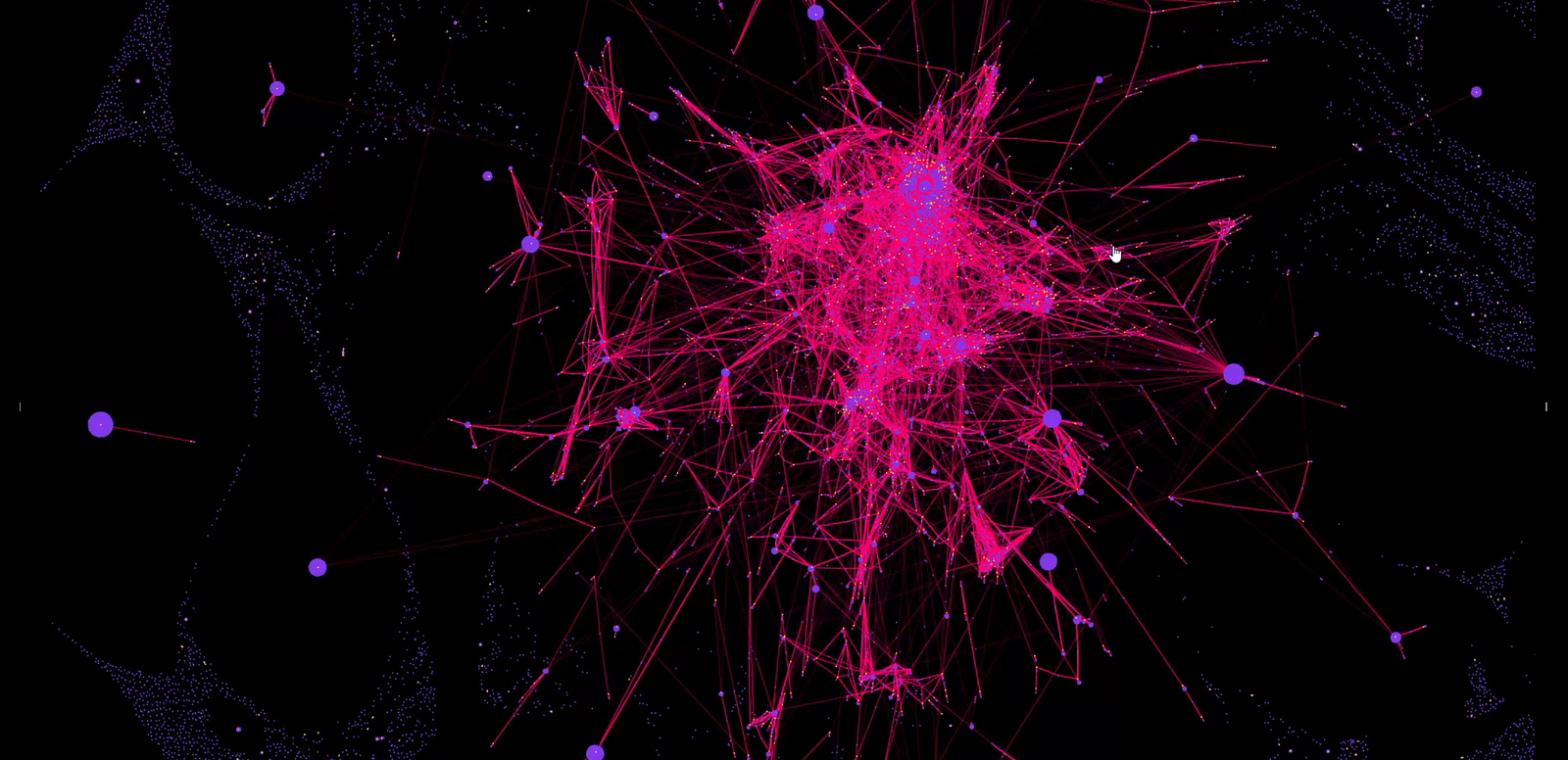Predicting the Next Recession
Over a decade ago, in 2013, I wrote a post "Predicting the Next Recession. That post was in response to several recession forecasts (that were incorrect). In that post, I noted that the next recession would likely be caused by one of the following: • "An exogenous event such as a pandemic, significant military conflict, disruption of energy supplies for any reason, a major natural disaster (meteor strike, super volcano, etc), and a number of other low probability reasons. All of these events are possible, but they are unpredictable, and the probabilities are low that they will happen in the next few years or even decades." emphasis added Unfortunately, in 2020, one of those low probability events happened (pandemic), and that led to a recession in 2020. Another exogenous event is possible, but unpredictable.• Significant executive / fiscal policy error. During the previous Trump administration, we saw several policy errors, like the failed TCJA (Tax Cut and Jobs Act), but none that were significant enough to take the economy into a recession (I stayed positive on the economy back then).• Monetary policy error. As I noted in 2013: "Most of the post-WWII recessions were caused by the Fed tightening monetary policy to slow inflation." A monetary policy error was the concern over the last couple of years, and it appears the Fed has mostly achieved a soft landing (as I expected). Earlier I defined a successful "soft landing" as follows: "a soft landing is achieved if growth stays positive, inflation returns to target, and the yield curve flattens or reverts to normal (long yields higher than short yields)." Growth has stayed positive, the yield curve has reverted to normal, but inflation is still a little above target (two out of three ain't bad).Now the key concern is significant executive / fiscal policy errors. Although there have been concerning developments over the last 2+ weeks (for example, scrubbing websites of important information for health issues and climate change, eliminating ethic rules, and on and on), those will have little impact on the economy in the short term.However, tariffs, immigration policy and wanton fiscal cuts and Federal employee layoffs could negatively impact the economy. I'm not currently on recession watch, but there is an increasing concern.
In that post, I noted that the next recession would likely be caused by one of the following:
• "An exogenous event such as a pandemic, significant military conflict, disruption of energy supplies for any reason, a major natural disaster (meteor strike, super volcano, etc), and a number of other low probability reasons. All of these events are possible, but they are unpredictable, and the probabilities are low that they will happen in the next few years or even decades." emphasis added
Unfortunately, in 2020, one of those low probability events happened (pandemic), and that led to a recession in 2020. Another exogenous event is possible, but unpredictable.
During the previous Trump administration, we saw several policy errors, like the failed TCJA (Tax Cut and Jobs Act), but none that were significant enough to take the economy into a recession (I stayed positive on the economy back then).















































![Marijuana’s hidden threat to fertility and family planning [PODCAST]](https://kevinmd.com/wp-content/uploads/The-Podcast-by-KevinMD-WideScreen-3000-px-1-scaled.jpg)
































